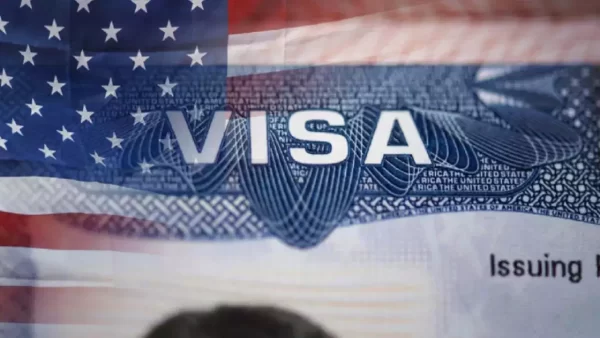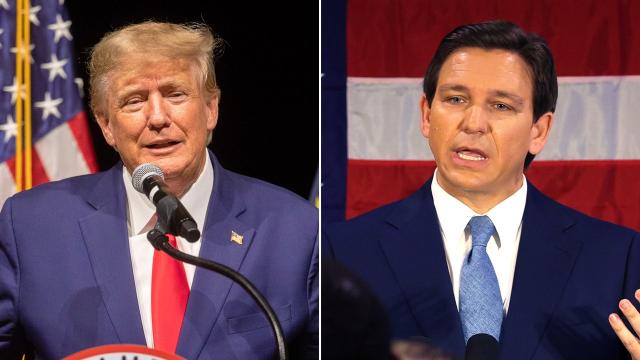Pakistan has repeated its involve the planet to not “abandon” Afghanistan following the Taliban’s takeover of that country, as US Secretary of State Antony Blinken meets his Pakistani counterpart on the sidelines of the United Nations General Assembly.
The meeting in ny on Thursday was the very best level face-to-face meeting between the Biden administration and Pakistani Prime Minister Imran Khan’s government since the US president took office earlier this year.
In brief remarks to the journalism before the meeting, Blinken said the talks would specialise in “Afghanistan and therefore the importance of our countries working together and going forward on Afghanistan”.
The US Secretary of State also said he appreciated Pakistan’s aid in facilitating the departure folks and other citizens from Afghanistan following the Taliban’s seizure of Kabul in mid-August.
Pakistani authorities say they need thus far facilitated evacuations for quite 13,000 people from Afghanistan, mostly foreign citizens or personnel related to international organisations.
A Pakistani foreign ministry statement on the meeting, released early Friday, said secretary of state Shah Mehmood Qureshi had spoken to Blinken about “a new political reality” in Afghanistan since the Taliban assumed control.
“While the Taliban should be held to their commitments, the international community features a duty to assist the Afghan people affect the growing humanitarian crisis in Afghanistan,” the statement said.
“[Qureshi] hoped the planet wouldn’t repeat the error of disengaging with Afghanistan.”
That message has been according to the Pakistani government’s position on Afghanistan in recent weeks, calling for immediate international engagement and aid so as to debar a possible humanitarian crisis.
With the Taliban remains getting governance and infrastructure up and running again, and as poverty, hunger and economic paralysis spiral, analysts say the likelihood of a collapse of Afghan government structures is feasible without international help.
International donors pledged quite $1.1bn at a conference on Afghanistan last week to deal with those concerns but the Taliban has also involved an estimated $10bn in Afghan financial institution assets held in foreign countries to be released in order that they will be wont to address these issues.
That call has been supported by several other countries, including Pakistan and Uzbekistan.
On Thursday, the Pakistani secretary of state also reiterated Islamabad’s involve “an inclusive political settlement in Afghanistan”.
Earlier this month, the Taliban announced the formation of an interim government headed by interim Prime Minister Mohammad Hasan Akhund that included several hardline commanders, with any women or ethnic minorities in positions of power.
However on Tuesday, Taliban expanded that cabinet to incorporate variety of latest deputy ministers, a number of whom belong to ethnic minorities. Women remain unrepresented within the Taliban’s ruling structure.
On Thursday, Pakistan’s foreign ministry said the move to expand the cupboard was a “positive” development.
We have taken note of the expansion within the interim cabinet with representation of various ethnic and political groups,” said Pakistani Foreign Ministry spokesman Asim Iftikhar at a weekly news briefing within the capital, Islamabad.
“This may be a positive direction, and that we hope they still take steps resulting in lasting stability within the country.”


